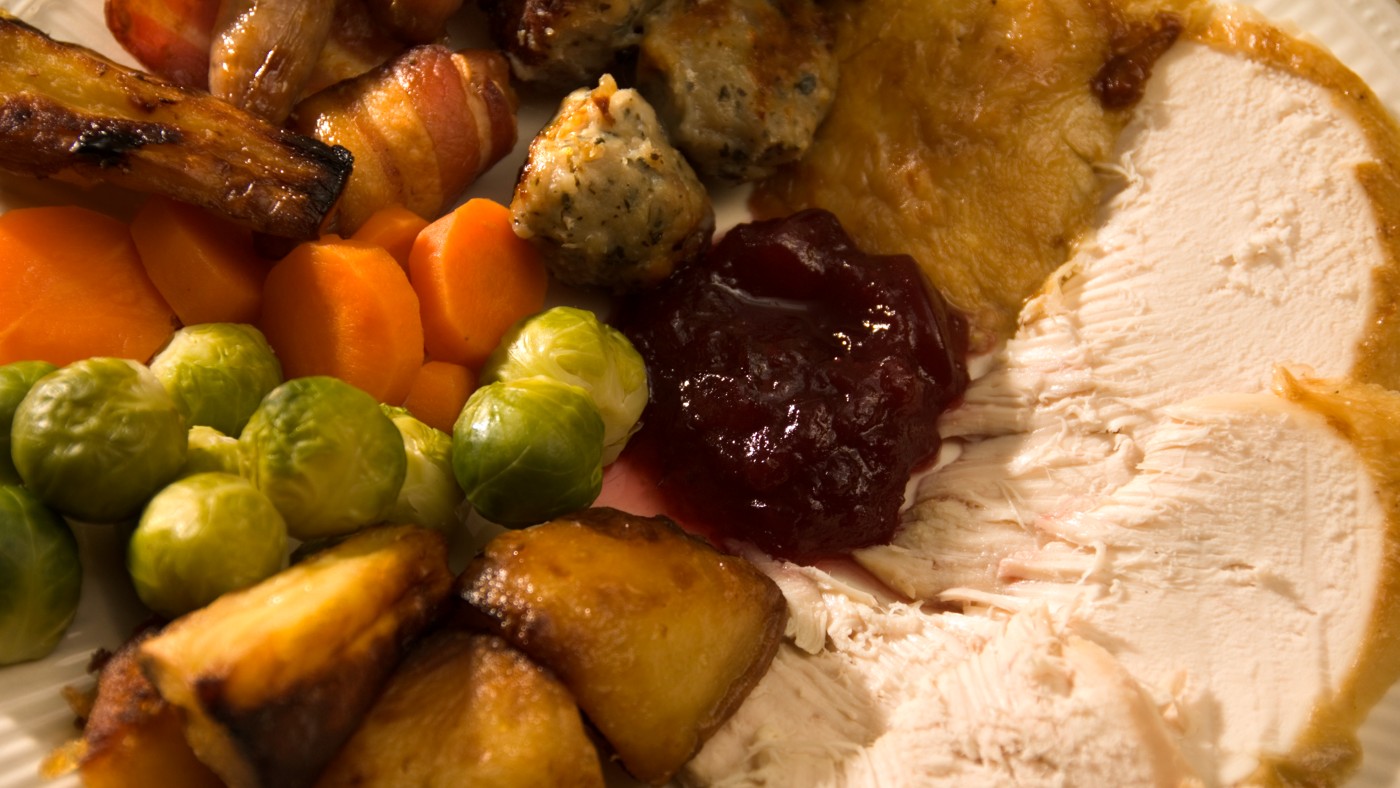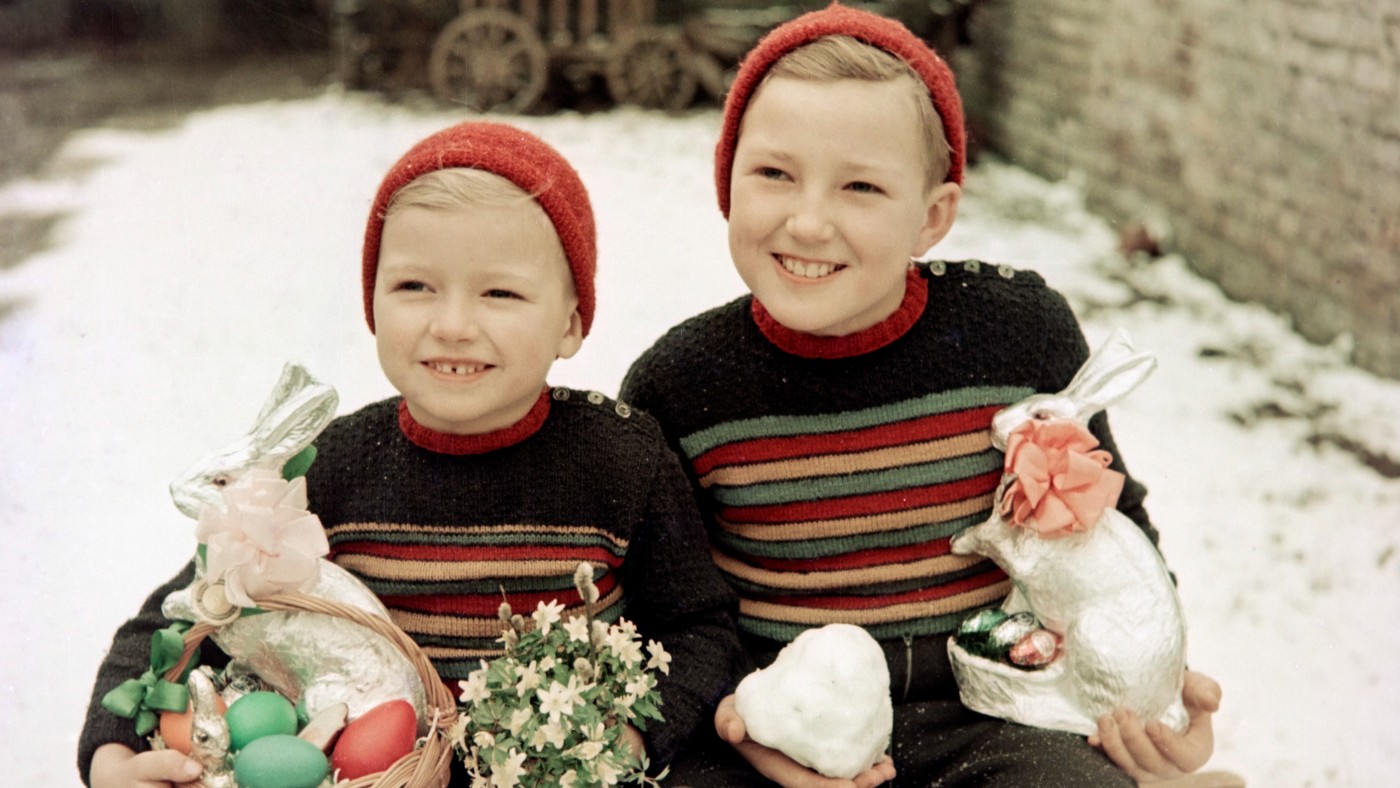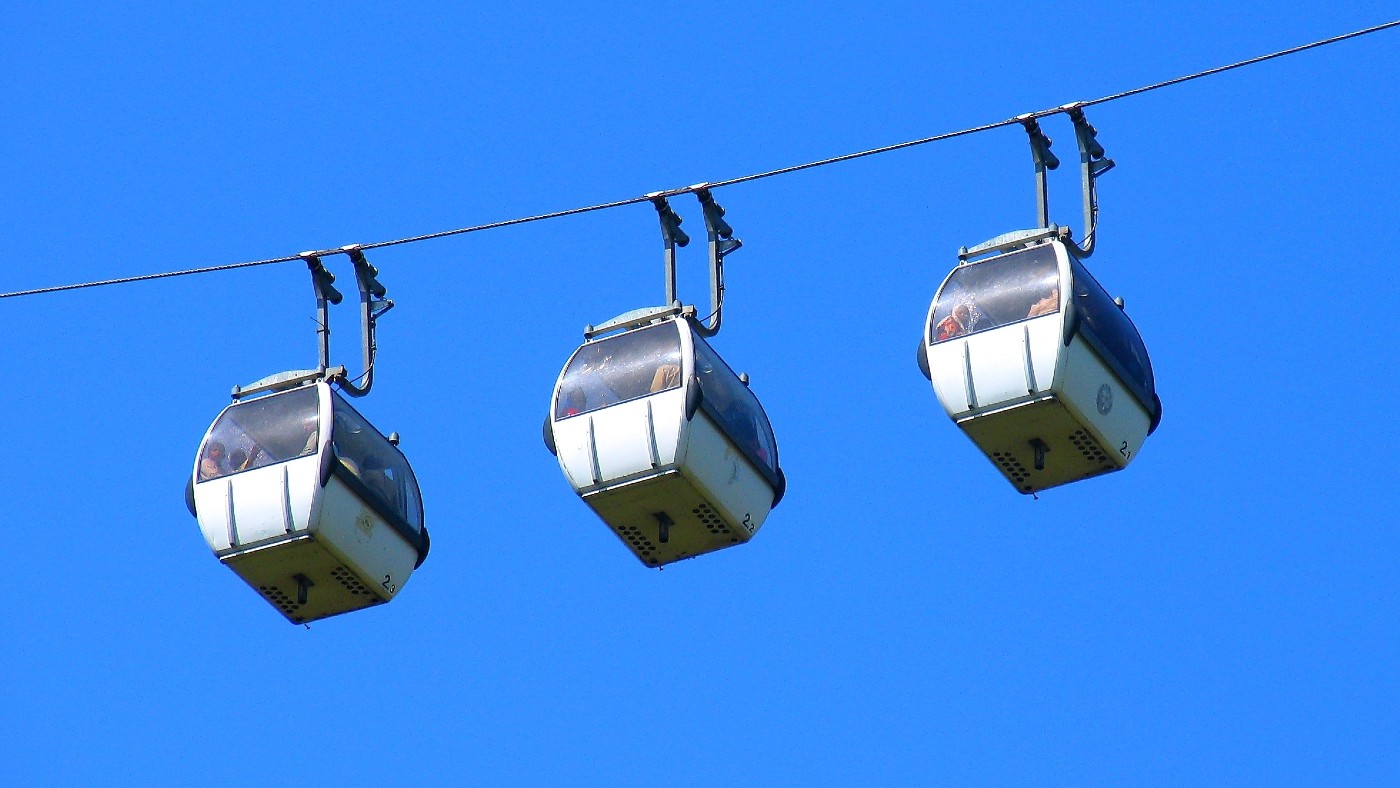Instant Opinion: ‘The emperor runs out of clothes’
Your guide to the best columns and commentary on Wednesday 2 December

A free daily email with the biggest news stories of the day – and the best features from TheWeek.com
You are now subscribed
Your newsletter sign-up was successful
The Week’s daily round-up highlights the five best opinion pieces from across the British and international media, with excerpts from each.
1. Will Dunn in the New Statesman
on the embodiment of a problem
The Week
Escape your echo chamber. Get the facts behind the news, plus analysis from multiple perspectives.

Sign up for The Week's Free Newsletters
From our morning news briefing to a weekly Good News Newsletter, get the best of The Week delivered directly to your inbox.
From our morning news briefing to a weekly Good News Newsletter, get the best of The Week delivered directly to your inbox.
Philip Green: the emperor runs out of clothes
2. Allison Pearson in The Daily Telegraph
on festive gender roles
Sage has got one thing right about Christmas – women are the ones who make it work
A free daily email with the biggest news stories of the day – and the best features from TheWeek.com
“Frankly, I’m surprised that a document about this Covid Christmas, released by Sage, the Government’s deeply weird Scientific Advisory Group, has been criticised for being sexist. ‘Women carry the burden of creating and maintaining family traditions and activities at Christmas,’ it said. Tweeting the document, Sky News anchor Sophy Ridge demanded: ‘What century are we in?’ I hate to say this, Sophy, but when it comes to the sexes at Christmas we’re still roughly in about 1839. It is women, not Santa, who shoulder the sack of gifts; instead of a crack team of elves, at least we now have Mr Amazon to help. ‘Do I have to do EVERYTHING?’ Yes, obviously you do, but I’m not sure most women would have it any other way. Christmas unites the female rage for perfection with our heartfelt wish to make our families happy.”
3. Jonn Elledge in The Guardian
on privatised rail
Good riddance to Britain’s franchised railway system
“When individual train operators, such as Northern or KeolisAmey in Wales, have failed, national or devolved governments have stepped in to run trains as ‘operator of last resort’. And in March, the system of franchises that has held sway for nearly a quarter of a century was suspended, before finally being put out of its misery in September. This is, for passengers, taxpayers, or, indeed, anyone a very good thing. It’s natural to assume that it was the collapse in passenger numbers brought about by Covid that rendered the existing franchise system untenable. Actually, it was already on its last legs, and seemed almost certain to be unwound over the next few years when the rail review, chaired by Keith Williams and launched in September 2018 after a summer of rail chaos, finally gets round to reporting. The pandemic simply finished it off.”
4. Kunwar Khuldune Shahid in The Spectator
on closing the stable door
Imran Khan’s rape crackdown won’t make Pakistan safer for women
“The fact that rape is already a capital crime hasn’t deterred many perpetrators until now. While the new law provides some measures to ensure the safety of rape survivors, it fails to address the root cause of many crimes against women in Pakistan: the perversely patriarchal notion of ‘honour’, and the Islamist inertia upholding it. The notion that a male, family or tribe’s honour is encapsulated in the female anatomy is entrenched in society. Another widely-held view is that a woman dressing, behaving or existing in a certain way is somehow culpable if she is attacked. It isn’t hard to see where such views come from. Lahore’s chief police officer appeared to repeatedly blame the victim of a gang rape earlier this year, suggesting that the woman should not have been travelling late at night without her husband.”
5. Manu Lekunze in Al Jazeera
on decolonisation
Tanzania: Magufuli’s growing authoritarianism is not an exception
“At independence, most African governments inherited states that were more or less large empty spaces, of course with variation across the continent. Population densities, in Africa, were among the lowest in the world. Many African states had few concentrated urban centres, and the vast majority of Africans in the middle of the 20th century lived in small settlements in so-called hinterlands. Threats to the power of the newly independent governments primarily arose from fellow government members and the military, or the urban population. Maintaining control, therefore, involved a number of strategies.”
-
 Political cartoons for February 21
Political cartoons for February 21Cartoons Saturday’s political cartoons include consequences, secrets, and more
-
 Crisis in Cuba: a ‘golden opportunity’ for Washington?
Crisis in Cuba: a ‘golden opportunity’ for Washington?Talking Point The Trump administration is applying the pressure, and with Latin America swinging to the right, Havana is becoming more ‘politically isolated’
-
 5 thoroughly redacted cartoons about Pam Bondi protecting predators
5 thoroughly redacted cartoons about Pam Bondi protecting predatorsCartoons Artists take on the real victim, types of protection, and more
-
 Nan who charges family for Christmas dinner puts up price
Nan who charges family for Christmas dinner puts up priceTall Tales And other stories from the stranger side of life
-
 Woman solves 'rude neighbour' mystery
Woman solves 'rude neighbour' mysteryTall Tales And other stories from the stranger side of life
-
 Office Christmas parties give us sleepless nights
Office Christmas parties give us sleepless nightsTall Tales And other stories from the stranger side of life
-
 'Dead' woman nearly suffocated in morgue bag
'Dead' woman nearly suffocated in morgue bagTall Tales And other stories from the stranger side of life
-
 World's 'smelliest cheese' hits shelves
World's 'smelliest cheese' hits shelvesTall Tales And other stories from the stranger side of life
-
 White Easter more likely than a white Christmas
White Easter more likely than a white ChristmasTall Tales And other stories from the stranger side of life
-
 Children trapped 900ft in the air in Pakistani cable car emergency
Children trapped 900ft in the air in Pakistani cable car emergencySpeed Read A helicopter rescue effort has been launched to save the stranded group of eight
-
 Blast at political rally in Pakistan kills 43, wounds 200
Blast at political rally in Pakistan kills 43, wounds 200Speed Read